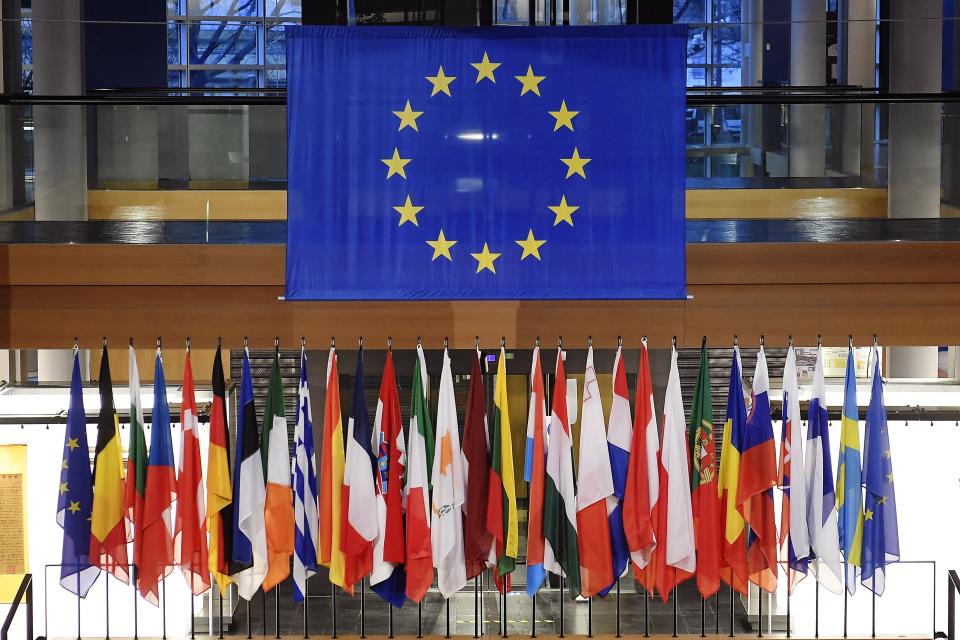Travel to Europe? EU recommends member states ease COVID travel restrictions
Travel restrictions may soon ease across the European Union.
On Tuesday, the European Council recommended member states "lift the temporary restriction on non-essential travel" into the EU for people who have either been fully vaccinated against COVID-19 or recovered from the virus within the past 180 days.
EU-approved and World Health Organization-approved vaccines would qualify, including all three vaccines available in the U.S.: Pfizer, Moderna and Johnson & Johnson. Travelers would need to have received their last dose at least 14 days and at most 270 days before arrival or have received a booster shot.
Travelers could still be required to present negative results from a PCR test taken within 72 hours of departure if they don't have an EU digital COVID-19 certificate or equivalent certification.
CANADA EASING ENTRY RULES: 'It is time to adjust our approach'
COVID TESTING AWAY FROM HOME: How to find a hotel with COVID testing and quarantine facilities wherever you travel
The council is not recommending testing for children under 6 but says older children "should be allowed to travel with a negative PCR test taken at the earliest 72 hours before departure."

The start date for the new guidance is March 1.
While EU recommendations are nonbinding and member states have the right to decide their own rules, many of the countries followed suit when the council recommend gradually lifting restrictions for travelers last June.
This article originally appeared on USA TODAY: Europe travel COVID restrictions could ease with new EU recommendation

